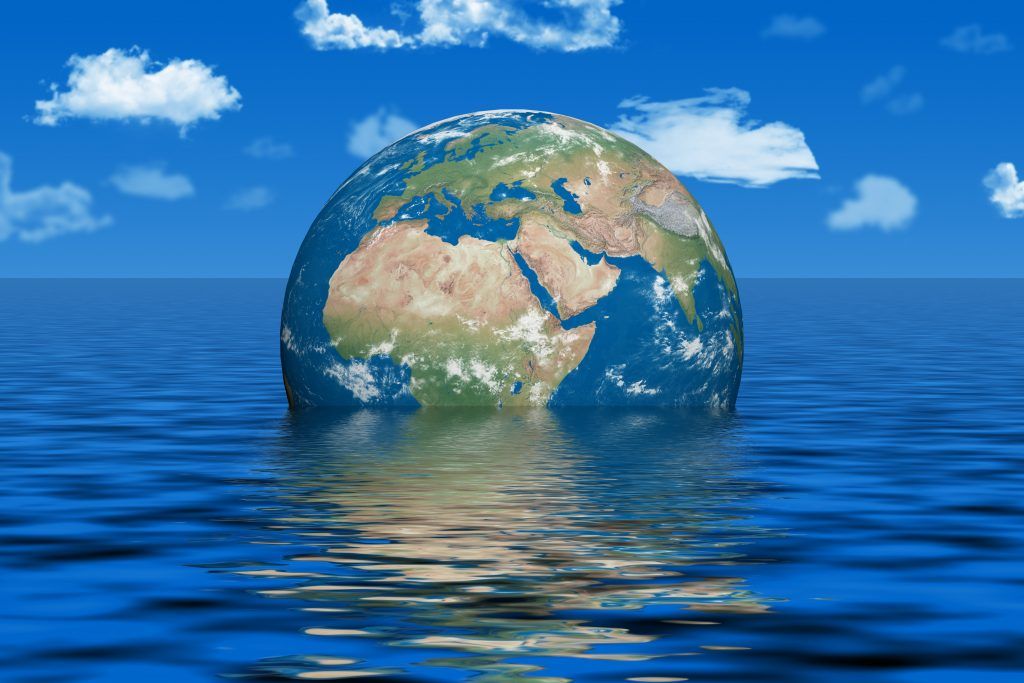How much and how fast will global sea level rise?
By Dana Nuccitelli | May 4, 2018

The basic physics of how global warming contributes to sea-level rise has long been understood, but new research gives us a clearer picture of what to expect. Prior to the 1990s, most sea-level rise was attributed to melting glaciers and the thermal expansion of warming ocean waters. However, ice sheets such as those covering Greenland and Antarctica have also begun to melt and play a significant role in raising ocean levels. The author reviews the results of a number of recent studies. Two of them conclude that the seas could rise by 3 or more feet by the year 2100, and one argued that 5 feet or more by 2100 is a possibility. Exactly what happens, and when, will be influenced by the degree to which humans reduce carbon emissions, and the uncertain dynamics of the Antarctic ice sheet. Considerable sea-level rise will occur as a consequence of the global warming humans have already caused.
Together, we make the world safer.
The Bulletin elevates expert voices above the noise. But as an independent nonprofit organization, our operations depend on the support of readers like you. Help us continue to deliver quality journalism that holds leaders accountable. Your support of our work at any level is important. In return, we promise our coverage will be understandable, influential, vigilant, solution-oriented, and fair-minded. Together we can make a difference.















